How I Can Help
How I Can Help
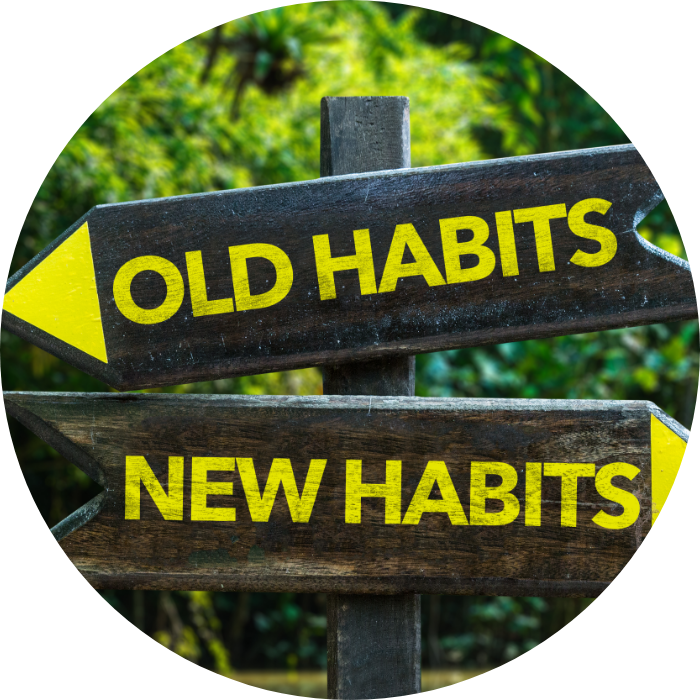

Addiction
We can be addicted to many things, such as, alcohol, drugs, cigarettes, gambling, food, sex, pornography and the computer/internet to name a few. Addictions are often present with other issues, such as depression or anxiety, and can be a way to ‘self-medicate’. While this may provide temporary relief from painful emotions or stressful problems, those emotions and problems usually remain and get worse when we don’t deal with them.
Meanwhile our addictions begin to take a toll on our health, relationships, jobs, and general life. This is a vicious cycle with potentially devastating consequences.
If you are seeking help to overcome an addiction, we will work together to explore and understand its root causes and develop ways to tolerate and manage the feelings you have when you decrease or eliminate the addictive substance or behaviour.
How I Can Help
Through identifying and accessing your strengths and resources (rather than focusing on your weaknesses) we can build a plan for you to overcome your addiction and get on with creating and living the life you truly want. We will use everything you have going for you physically, psychologically, socially and environmentally. With patience, perseverance, support, and time, you can overcome your addictions.
When you are ready to take that step, please contact me to set up an initial consultation.
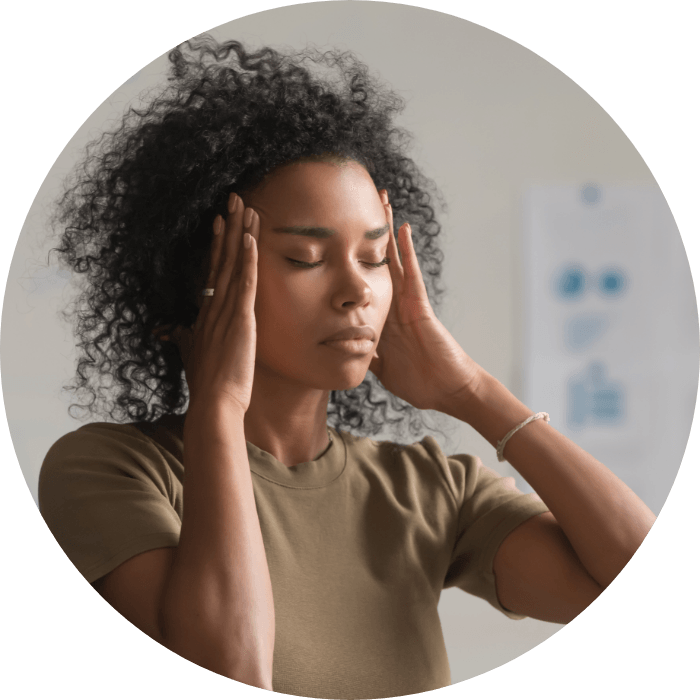

Anxiety
“I have lived through some terrible things in my life, some of which actually happened.” - Mark Twain
I like this quote from Mark Twain, as it points to a simple truth about where much of our anxiety comes from - the mind’s tendency to worry about things that don’t happen. This provides a clue about how we can reduce anxiety.
We all feel some degree of fear and/or anxiety in our lives, but when it becomes severe and ongoing it can disrupt our ability to function and cause great distress.
You Might Experience Anxiety As:
• Irritability
• Restlessness
• Lack of concentration
• Impulses to ‘fight or flight’
• A sense of impending doom
• Intense worry
• Repetitive and out of control negative thoughts.
In extreme cases, involving panic attacks, you may feel your very life is in immediate danger, or as though you are dying. Physical symptoms can include:
• Shortness of breath
• Palpitations
• Sweating
• Muscle tension
• Stomach-ache
• Fatigue
• Insomnia
• Headaches
• Tremors and twitches
Criteria for Anxiety Disorders
The Diagnostic and Statistical Manual of Mental Disorders (DSM) identifies eleven basic subtypes of anxiety disorders, most of which are addressed in separate sections. Criteria for generalized anxiety are as follows:
A. At least 6 months of "excessive anxiety and worry" about a variety of events and situations. Generally, "excessive" can be interpreted as more than would be expected for a particular situation or event. Most people become anxious over certain things, but the intensity of the anxiety typically corresponds to the situation.
B. There is significant difficulty in controlling the anxiety and worry. If someone has a very difficult struggle to regain control, relax, or cope with the anxiety and worry, then this requirement is met.
C. The presence for most days over the previous six months of 3 or more (only 1 for children) of the following symptoms:
1. Feeling wound-up, tense, or restless
2. Easily becoming fatigued or worn-out
3. Concentration problems
4. Irritability
5. Significant tension in muscles
6. Difficulty with sleep
D. The symptoms are not part of another mental disorder.
E. The symptoms cause "clinically significant distress" or problems functioning in daily life. "Clinically significant" is the part that relies on the perspective of the treatment provider. Some people can have many of the aforementioned symptoms and cope with them well enough to maintain a high level of functioning.
F. The condition is not due to a substance or medical issue
The Diagnostic and Statistical Manual of Mental Disorders (DSM) does not code Panic Attacks as a disorder, but does give the following criteria for including them as accompanying other disorders:
A discrete period of intense fear or discomfort, in which four (or more) of the following symptoms developed abruptly and reached a peak within 10 minutes:
1. Palpitations, pounding heart, or accelerated heart rate
2. Sweating
3. Trembling or shaking
4. Sensations of shortness of breath or smothering
5. Feeling of choking
6. Chest pain or discomfort
7. Nausea or abdominal distress
8. Feeling dizzy, unsteady, lightheaded, or faint
9. De-realization (feelings of unreality) or depersonalization (being detached from oneself)
How I Can Help
If you are seeking help because you suffer with anxiety, please contact me. I will help you understand its causes and what you can do to manage and overcome it.
This will involve learning ways to regulate your physical reactions, your thoughts, and your environment, to restore and maintain a sense of calmness.

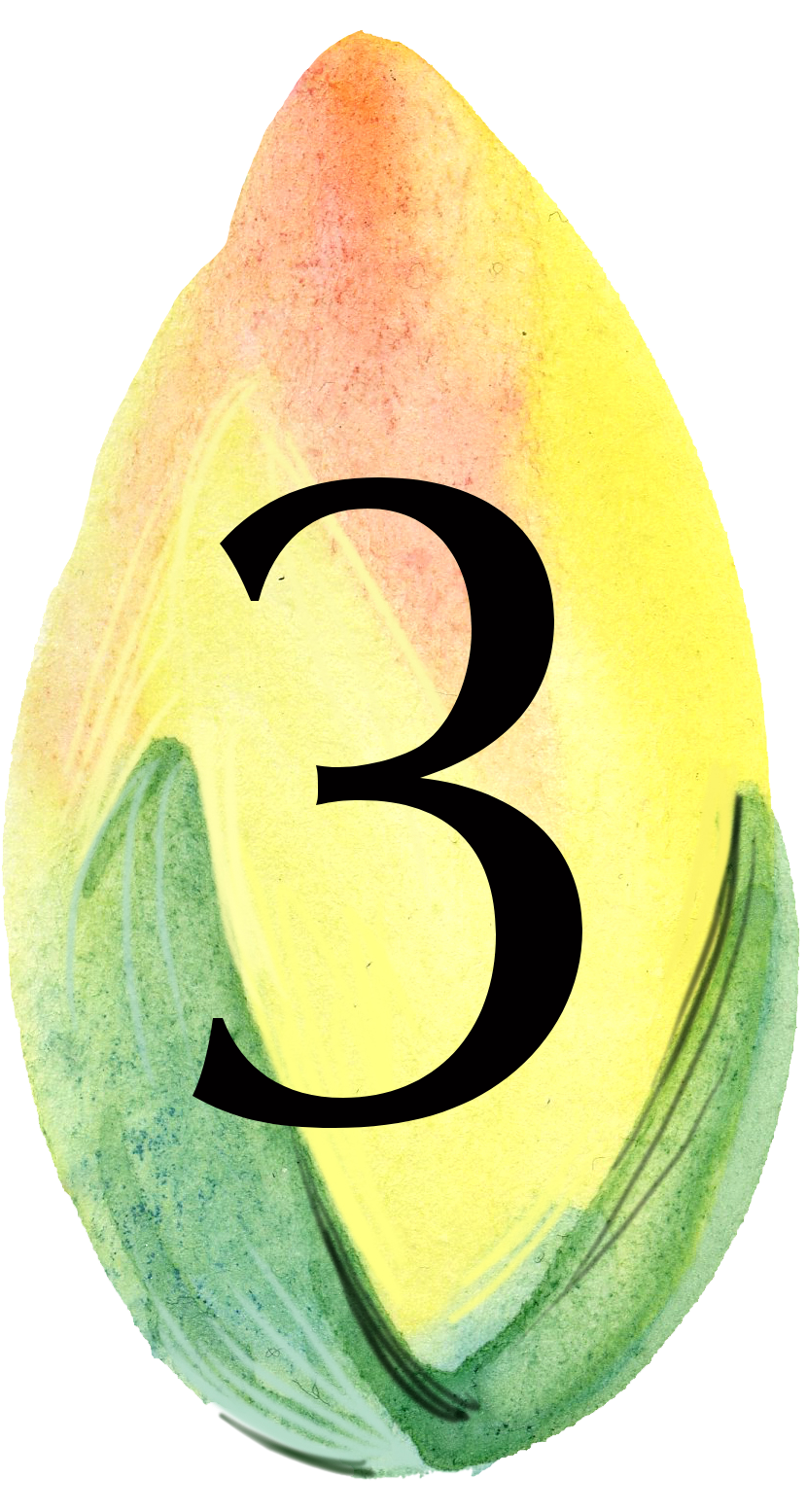
Bereavement and Grief Counselling
Do you need help with bereavement or grief? If so, please take a few seconds to complete my simple form and arrange an initial consultation to talk about how you might come to terms with your loss, find a way to live with it, and find your way back to a sense of passion and purpose in your life.
We all lose someone or something close and important to us at some point in our lives. Such losses can include:
• The death of a loved one
• The end of a relationship
• A miscarriage
• A meaningful social role
• A child leaving home
• Some aspect of our health or functioning
• Our home or homeland.
The ensuing feelings can be extremely painful, and this is on top of all the things we then must do in order to adapt to our world which has been turned upside down. We may feel deep grief and sadness, anger, shock, confusion, numbness, despair, or loss of faith. Without empathy, patience and support or encouragement to feel what we feel and move through our feelings, grief can turn into depression or manifest into some form of addiction.
How I Can Help
If you are seeking support through a bereavement, we will take time together to honour your loss and the feelings you have about it. I believe it is important to let yourself feel whatever you feel, express it, and be heard in a deep way. While I am mindful of common stages of the grief process, everyone grieves differently, and you will have your own pace for getting through it. I will respect your unique way and pace.
As you are ready, I will also help you get back to living your life and once again finding meaning and joy in all that you still have and may yet realise.

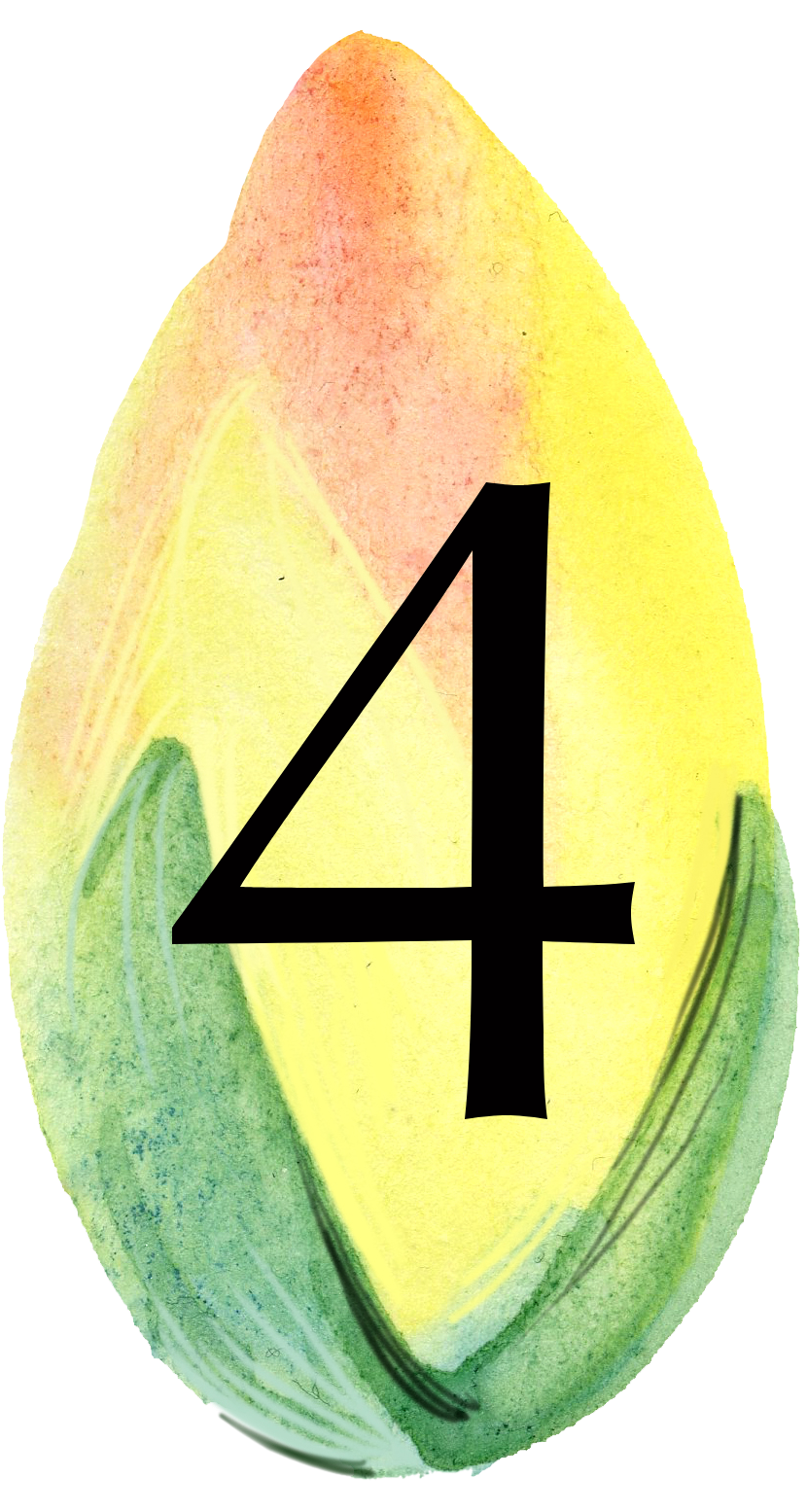
Relationship and Couples Therapy
I can work with you individually to help you improve your relationships, and I also work with couples.
Our relationships with others can be the source of our greatest joys and satisfactions, but they can also be the source our greatest challenges, distress, and heartache. Whether we are relating with a spouse, partner, parent, child, friend, boss, or co-worker; if we are unable to communicate effectively, resolve conflicts, and form emotional bonds, we will struggle and be unhappy.
Maybe it is difficult for us to trust others or open ourselves to intimacy, or maybe we have trouble establishing boundaries and saying ‘no’ when we need to. It could be that we can’t control our anger and we have damaged our relationships with abusive words or actions.
The way we behave in relationships is usually related to what we learned about relationships while growing up. How we were treated and what we observed happening between other important people, such as our parents, siblings, and peers can become an unexamined standard by which we live. If we adopted unhelpful or unhealthy habits, we will suffer the results in our relationships.
People Seek Help with Relationship Difficulties of All Kinds, Such As:
• Finding a partner
• Dealing with a breakup
• Parenting misbehaving children
• Coping with an unfair or demanding boss
• Making friends and establishing a social network
• Resolving conflicts
How I Can Help
If you are seeking help with relationship difficulties, whether individually or as a couple, we will work together to understand how your early learning about relationships contributes to your current attachment style and way of being in a relationship. We will also address communication and conflict-resolution skills, as well as practical solutions to relationship problems.
My aim is to help you that be more effective at forming and maintaining satisfying relationships, resolving conflicts when they arise and coping when a relationship ends.
If you need help navigating the complexity and difficulty of relationships, please contact me.

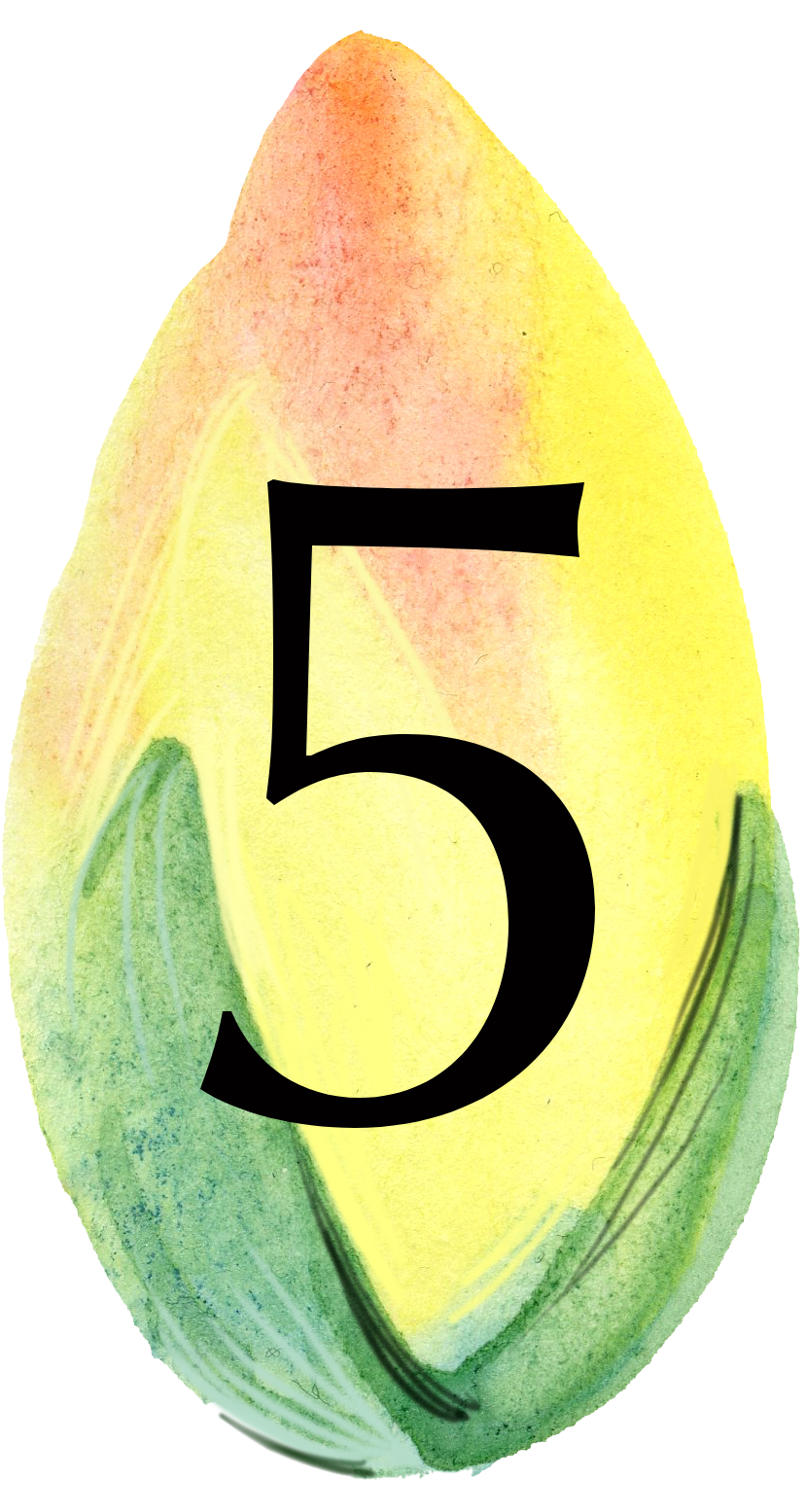
Life Coaching for Personal Development
We are all born with certain gifts and potentials, many of which develop as a natural part of growing up in our family and respective cultures. Our parents do their part, as do teachers and peers. We also grow as we naturally respond to whatever circumstances we find ourselves in.
Much of our potential lies dormant, however, unless we actively and deliberately work at developing it. You may not have any serious issues like depression, anxiety, bereavement, addiction, or a terrible sense of self-esteem, but maybe you are dissatisfied with your life and believe you could be, do, and have so much more.
As a Life Coach, I can help you become the person you want to be and create the life you want to live. Please contact me to schedule an initial consultation to discuss what you are looking for and what I can offer.
If You Are Seeking Personal Development, I Can Help You:
• Clarify your sense of life purpose.
• Set meaningful and attainable goals.
• Assess all your personal strengths, talents and resources that you can use toward attaining your goals.
• Assess all the obstacles, internal and external, that can get in the way of attaining your goals.
• Develop strategies to attain your goals by using your strengths and addressing your obstacles.
• Establish routines, habits, practices and disciplines.
• Take a whole or integral approach that builds strategies and overcomes obstacles by addressing physical, psychological, interpersonal, and environmental factors related to each goal.
• Identify further learning opportunities to expand whatever knowledge and skills you will need to attain your goals.
• Measure your progress toward each goal and adjust your strategies as needed.
How I Can Help
The American psychologist Robert Kegan has said, “People grow best where they continuously experience an ingenious blend of support and challenge.”
I believe that this is true and one of my goals is to embody this ingenious blend in my practice. So, if we are working together toward your personal development, you can expect to receive much support and understanding from me around taking on this challenging work. I will also celebrate your successes with you.
If you get ‘off track’ you can also expect me to remind you and hold you accountable for what you have said you want and what you have committed to do to make it real. This might be an opportunity to increase your efforts, to adjust your goals, or to re-evaluate what you want or what you are willing or able to do to get it.
Please contact me for to schedule an initial consultation for Life Coaching.


Men’s Issues
If you are a man considering psychotherapy, I want to speak to you directly. As a man, I have had my own personal journey of self-discovery and healing, and much of this has had to do with working out what kind of man I want to be. Frankly, much of this entailed participation in men’s groups and men’s work and not in psychotherapy. Contrary to popular opinion, I believe therapy is not necessarily the best context for the work we need to do on ourselves as men. It depends on the therapy and the therapist.
As men, we notoriously don’t seek psychotherapy to address our problems. There is plenty of speculation that this is because we don’t know how or are resistant to talking about our feelings, because we think this makes us appear weak. We are encouraged to overcome this flaw in our thinking and submit to a form of help that often doesn’t make sense to us. Is this because we are in the grip of “toxic masculinity”? I don’t think so. I think that rather than submitting to something that doesn’t meet us as and where we are, psychotherapy should meet us at least halfway.
I think the field of psychotherapy has tended to skew toward a more feminine sensibility. There is nothing wrong with this. There is plenty of wisdom and compassion in the feminine approach and it can be just what many people need, including men. It informs much of what I do as a therapist. But it doesn’t speak to many men who hold more masculine values and aspirations. For instance, is stoicism merely the repression of emotions, or is it a healthy expression of strength? Is it just an evasion of feelings to seek strategies and rational solutions to problems, or is it a healthy mode of adapting? I have come to believe that the answer to such questions is not obvious.
How I Can Help
If you are a man considering psychotherapy, but have reservations about it, you’re not wrong. If you’re considering working with me, I can tell you that I will respect your masculine mode of thinking and of addressing problems and issues. I will challenge you, but not with the default assumption that you need to be more like a woman. I will support and challenge you toward being and becoming the kind of man that you really want to be.
If you would like to discuss this further, please contact me.


Depression
Approximately one person in six experiences depression of some kind during their lifetime, and one in 20 experiences clinical depression. At any one time, about one in 10 people will have some symptoms of depression.
Do you need help with depression? If so, please take a few seconds to arrange an initial consultation for us to work out how psychotherapy may help improve your mood.
Depression can come in various degrees of intensity, the most severe referred to as major depressive disorder. It can have a serious impact on many areas of one’s life, such as work, relationships, sleep, appetite, and health. If you feel a lack of energy, ongoing sadness, irritability, difficulty sleeping or you take little pleasure or interest in things that you used to enjoy, you may be suffering with depression.
The Criteria for Major Depression
The Diagnostic and Statistical Manual of Mental Disorders (DSM) gives the following criteria for Major Depressive Episode:
A. Five (or more) of the following symptoms have been present during the same 2-week period and represent a change from previous functioning; at least one of the symptoms is either (1) depressed mood or (2) loss of interest or pleasure.
1. Depressed mood most of the day, nearly every day, as indicated by either subjective report (e.g., feels sad or empty) or observation made by others (e.g., appears tearful). NOTE: In children and adolescents, irritability may be observed.
2. Markedly diminished interest or pleasure in all, or almost all, activities most of the day, nearly every day (as indicated by either subjective account or observation made by others)
3. Significant weight loss when not dieting or weight gain (e.g., a change of more than 5% of body weight in a month) or decrease or increase in appetite nearly every day. NOTE: In children, consider failure to make expected weight gains.
4. Insomnia or hypersomnia nearly every day
5. Psychomotor agitation or retardation nearly every day (observable by others, not merely subjective feelings of restlessness or being slowed down)
6. Fatigue or loss of energy nearly every day
7. Feelings of worthlessness or excessive or inappropriate guilt (which may be delusional) nearly every day (not merely self-reproach or guilt about being sick)
8. Diminished ability to think or concentrate, or indecisiveness, nearly every day (either by subjective account or as observed by others)
9. Recurrent thoughts of death (not just fear of dying), recurrent suicidal ideation without a specific plan, or a suicide attempt or a specific plan for committing suicide
B. The symptoms do not meet criteria for a Mixed Episode.
C. The symptoms cause clinically significant distress or impairment in social, occupational, or other important areas of functioning.
D. The symptoms are not due to the direct physiological effects of a substance (e.g., a drug of abuse, a medication) or a general medical condition (e.g., hypothyroidism).
E. The symptoms are not better accounted for by Bereavement, i.e., after the loss of a loved one, the symptoms persist for longer than 2 months or are characterised by marked functional impairment, morbid preoccupation with worthlessness, suicidal ideation, psychotic symptoms, or psychomotor retardation.
Because these feelings are so painful, some people will seek relief through abusing alcohol, other mood-altering substances, or food. While this may offer temporary relief it tends to only make the problems worse over time. This is where a qualified Psychotherapist may be able to help.
Common Sources of Depression May Include:
• Unresolved issues from earlier in your life
• Trauma
• Loss
• Chronic stress
• Abusive relationships
• Habitually negative ways of thinking.
How I Can Help
If you are seeking help in overcoming depression, we will work together to understand what may be causing it and what you can do to get past it.
The main areas we will explore will be your unique physical, psychological, interpersonal, and environmental circumstances. Reflecting on yourself in these areas will help you understand what may be causing your depression, but more importantly what you can do to overcome it. I will help create a plan of action tailored specifically to your strengths, challenges, interests, and needs.
Please contact me at any time.


Stress and Stress Management
Stress is the body’s response to any demand, whether physical, mental, emotional, or environmental, and we all experience some degree of stress at times in our lives. Having the right amount of stress can be positive, as it keeps us alert and focused, drawing out our strengths and our ability to meet challenges.
However, when we experience excessive and prolonged stress it can wear us down. This can lead to problems, such as:
• Poor judgment
• A generally negative outlook
• Irritability
• Depression
• Anxiety
• Difficulty concentrating
• Inability to relax
• Agitation
• Worry
• Social isolation
Physical signs of excessive stress can include:
• Diarrhoea or constipation
• Nausea
• Rapid heartbeat
• Aches and pains
• Dizziness
• Chest pain
• Sleep disturbances
• Exhaustion
• Compromised immune system (Making us more vulnerable to illness and disease)
How I Can Help
If you are seeking help because you are experiencing excessive stress, we can work together to explore and understand the physical, psychological, interpersonal and environmental sources of your stress.
I will help you find ways to reduce your level of stress and develop effective stress management strategies for coping with the demands of your life.


Self-Esteem and Confidence
We all want to have high self-esteem and feel confident in ourselves, but sometimes we are instead filled with self-doubt and fear. When we have strong self-esteem and confidence, we are willing to take risks, to try new things, to talk to people, and launch projects with optimism. When we lack confidence, all these things can seem very difficult if not impossible. Extremely low self-esteem and lack of confidence can be crippling, filling us with wretched feelings about ourselves and our potential. Nobody wants that.
If you have low self-esteem or low self-confidence you may struggle with difficult and painful feelings such as shame, fear, and frustration. These feelings may be preventing you from seizing (or even seeing!) opportunities to succeed in different areas of your life. They can blind you to your own potential. When our self-esteem is low, we tend to shrink away from life. We are too timid to ask for what we want or take actions to fulfil our needs, because we feel we do not deserve to receive anything good.
We may even allow others to mistreat or abuse us, because we feel this is what we deserve.
Low self-esteem can develop as the result of not being treated as valuable and worthy by others as a child. Strong self-esteem and confidence are a natural result of having been fully supported and appreciated as a child. If this doesn't happen, or if we get repeated criticism or harsh treatment as children, it can be very difficult to believe in ourselves and feel that we are capable, good, and worthy of good things.
Low self-esteem can also arise from guilt or shame we feel about doing something we believe is morally wrong. But rather than believing that we can set it right and taking steps to do so, we can brand ourselves as permanently "bad". Out of this belief we may take it upon ourselves to dole out our own punishment by depriving ourselves of positive experiences. Rather than forgiving ourselves and moving on, we can remain stuck.
So, What Exactly Is Self-esteem?
We could see it as a measure of how much we view ourselves as valuable and worthy of receiving attention, respect, care, consideration, and positive things of any kind. Confidence is related to self-esteem and is a measure of how much we believe we can meet the demands of our life and attaining our goals.
But what do strong self-esteem and confidence look and feel like? Are they ways of thinking or a special set of beliefs? Are they a feeing we have in our gut? Are they a way of talking and relating to people? Are they expressed in the way that we carry ourselves; the way we walk, stand, and sit and generally occupy space? Although we may say we want to be more confident, often we don't think in much detail about what it would mean if we were. We might just imagine it as an almost magical, invisible substance; either we've got it, or we don't.
Overcoming low self-esteem will entail changing the way we think about ourselves, while also trying out new behaviours. One of the ways to begin making this shift will be to bring more attention and appreciation to the strengths and positive qualities that you already possess. I am very good at finding these and I will help you see them, own them, use them, and live from the belief that you ARE a valuable and worthy person who deserves good things and that you CAN do what is necessary to make them happen.
We can all develop greater self-esteem and build our confidence. This is not wishful thinking. There is no magical invisible substance we can take, but we can address and resolve our past and learn and practice the skills of confidence today. We can gradually overcome our historic fears and the small ways that we have come to think of ourselves and embrace all our potential.
How I Can Help
If overcoming low self-esteem and building confidence is what you seek, I can help you understand and address the roots of the problem.
The past can't be changed, but it can be recognised for what it was, and we can stop blaming ourselves so much. At the same time, we can take responsibility for today and tomorrow. While understanding the causes of poor self-esteem can be very helpful, it is not enough, and I am here to guide you so you can develop high self-esteem.
Contact
If you have any questions, would like to know more about my services, or would like to book an initial consultation, please get in touch.
